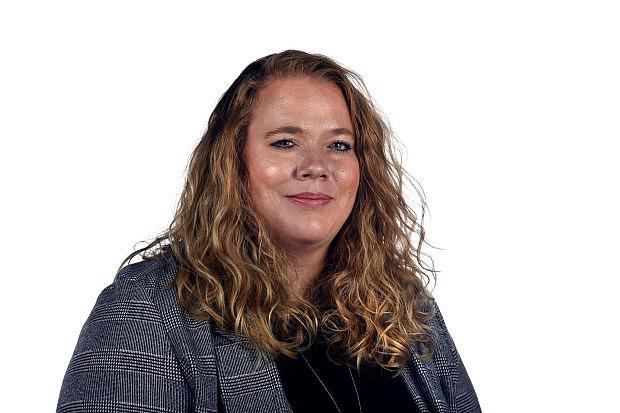Why The Denver Post is hosting community conversations to discuss youth suicide in Colorado
This story was produced as part of a larger project led by Jessica Seaman, a participant in the 2019 National Fellowship.
Other stories in this series include:
The Denver Post launches project to investigate teen suicides in Colorado — and we need your help

When we launched our project to investigate teen suicides in Colorado, our team at The Denver Post knew we’d be asking residents of our state — our community — to open up about one of the most sensitive aspects of their lives: their mental health.
Talking about our personal experiences with mental illness can be difficult, even when it’s just among family and friends. And it’s even harder to tell these stories to a journalist.
But without these stories, how can we begin to understand an issue that is affecting every community across our state? We need you to trust us to tell these stories sensitively and compassionately. But we also realize we need to build your trust, so as part of our project we are coming to meet you.
We are hosting a series of community conversations around the state to talk to teens, parents and teachers about their experiences with teen mental health and suicide. We want these conversations to be casual and off the record so we can listen and learn from the people most affected by this issue. Do you have questions about our project or the reporting process? This is your chance to ask us in person.
Having an off-the-record conversation with the community means that we will not use the information discussed in our stories. Instead, the conversation will guide our reporting by giving us an idea of where to dig deeper to get the information we need.
Typically, journalists don’t like to go off the record, but we want to create an atmosphere that will make attendees feel comfortable enough to open up about their experiences with teen mental health.
Reporters and photographers working on the project might follow up with attendees after the conversation if we are interested in interviewing them again — this time on the record, which means we would want to use their name and the interview in a story.
Part of the idea for the community conversations came from hearing from teenagers earlier this year that adults are not talking about mental health as openly as they would like. The Post also received a grant from USC Annenberg’s Center for Health Journalism to help support community engagement initiatives for the project, such as the conversations and an essay contest for teens.
Journalism often can feel transactional as we work to meet tight deadlines in a 24/7 news cycle. But the best stories are told when journalists are able to spend time — days or even months — with sources who have opened up their lives to us, such as with the story we published earlier this year about a Greeley family struggling with multiple Alzheimer’s diagnoses.
We believe investigating the rise of teen suicides in Colorado deserves a similar investment in time and effort. And with your help, we can better understand this issue and whether there’s enough being done to address it. As always, you can reach me at health@denverpost.com or call or message via Signal at 303-954-1593.
But you can also come and meet us. On Thursday, you’ll find us in Colorado Springs. Next, our team is heading to Durango, Pueblo and Grand Junction. Please join us and share your stories.
We already held a conversation in Denver, but if you are interested in talking, let us know and we may do another event.
[This article was originally published by the Denver Post.]
